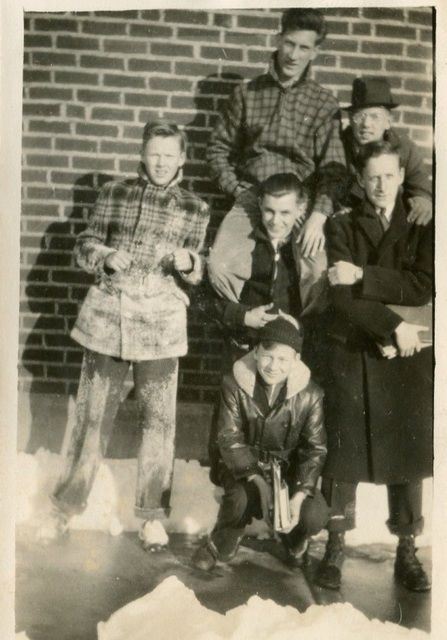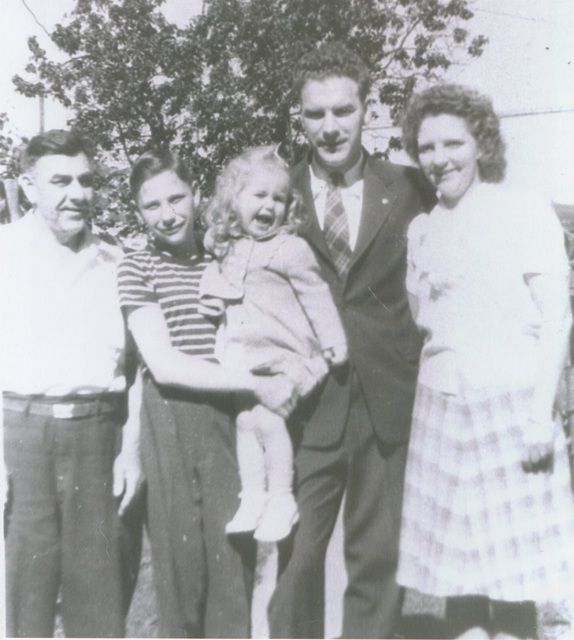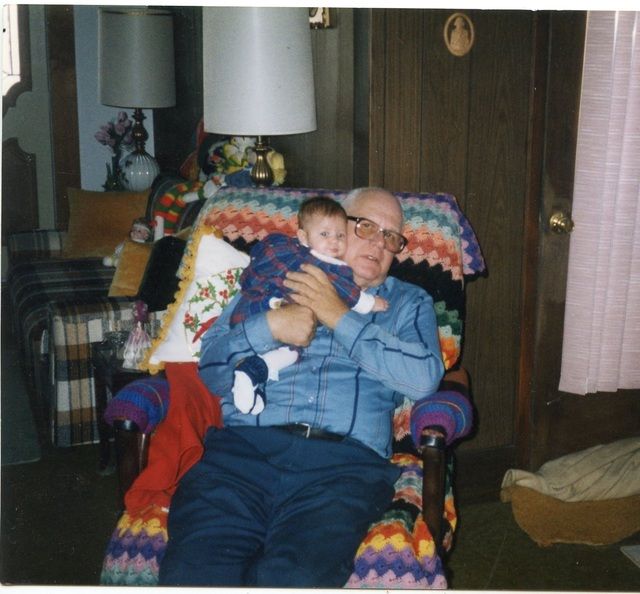Click here to subscribe today or Login.
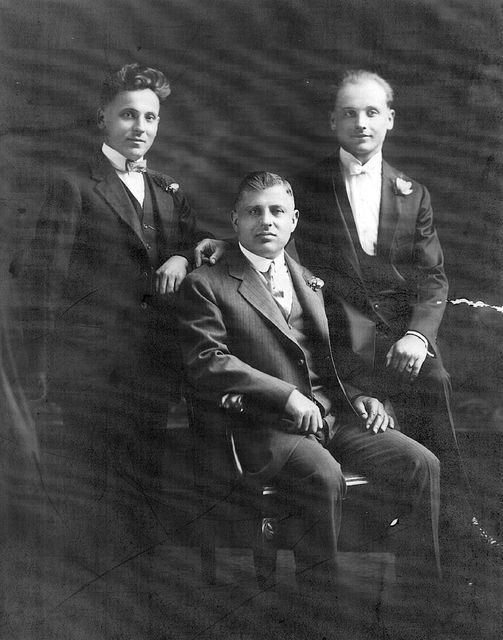

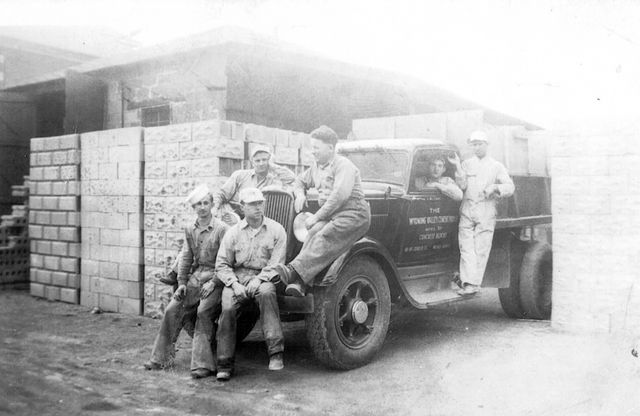
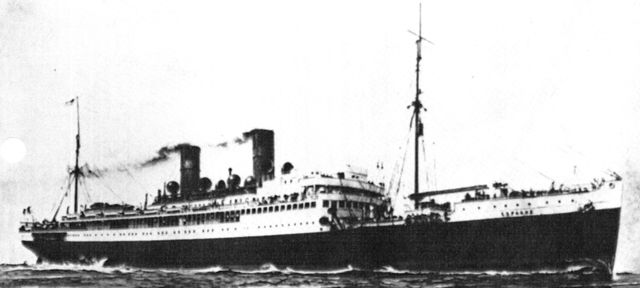
With an unbridled determination and little grasp of the English language, the equivalent of a fourth-grade education and $30, three Pasquini brothers — Domenico, Antonio and Ludwig, all in their teens — left their native Sassoferrato, Italy, in 1917 to discover a better way of life: The American Dream in a land of opportunity.
Their voyage to America would be lengthy and physically challenging on the steamship Rochambeau. Packed with little clothing and a few treasured family possessions stuffed in an old trunk, they discussed how each of them would earn their way to success and financial independence. They talked of starting a family and hopefully leaving a legacy in their new world.
Once processed through Ellis Island, they arrived in the Wyoming Valley. Here, they were welcomed by relatives who emigrated a short time earlier. For a while, the brothers would enjoy a hospitality reminiscent of their home in Sassoferrato until landing their first job – hard labor in the area’s coal mines.
Their mining days were numbered when Domenico, my grandfather ,and Uncle Antonio, would each pursue successful entrepreneurial paths. In 1921, when he was just shy of 24, Domenico found the region’s first building block manufacturing plant in the Rolling Mill Hill section of Wilkes-Barre, Wyoming Valley Cement Products, later Pasquini Block Co. Antonio established a car dealership then a wholesale liquor business in Wilkes-Barre’s downtown, near the site of the present Scanlon Gymnasium on the campus of King’s College.
Ludwig trained and later retired as a master diesel mechanic from Friedman Express Company, one of the area’s largest trucking, shipping and storage facilities.
All three Pasquinis eventually married immigrant Italian women in the 1920’s.They started families and set down their roots in the ethnically diverse neighborhoods of Wilkes-Barre. Their lives were enriched by many nationalities which included their Irish, Polish, German, Russian and Lebanese neighbors.
Later in his life, Domenico would pay it forward by sponsoring the immigration of several of his relatives and friends, who still lived in “the old country.” He financed their passage here and often employed them in his Wilkes-Barre business. Now, several generations later, their descendants remember him with gratitude and affection.
Let us never minimize the courage, fortitude, and incomparable work ethic handed down to us by our immigrant ancestors. Above all, may we never lose sight of their appreciation for the freedoms and liberty which are a part of the American way of life.





